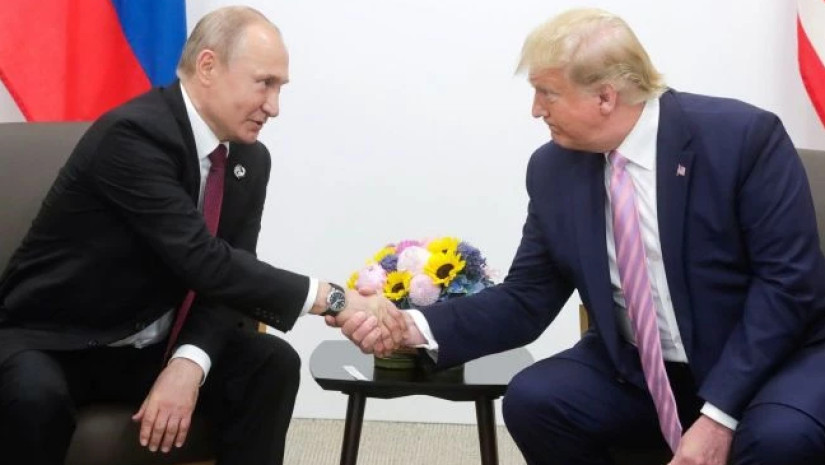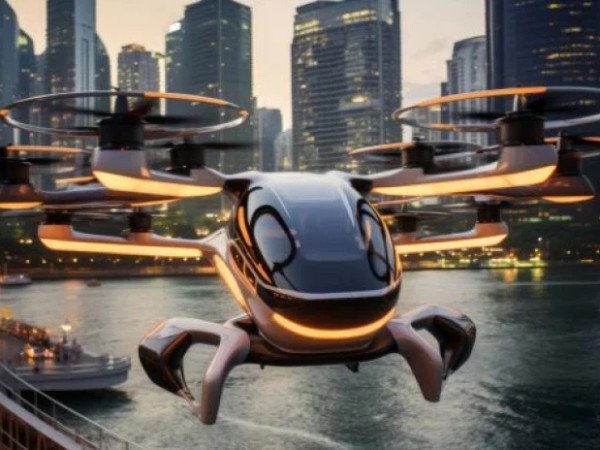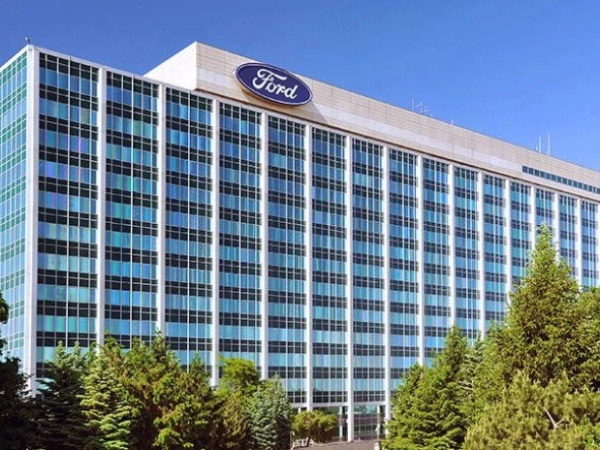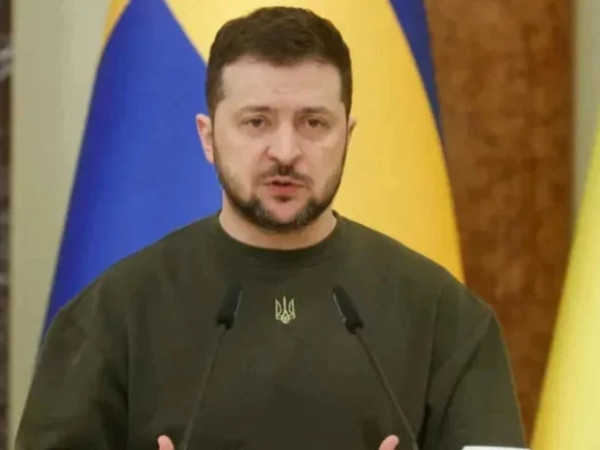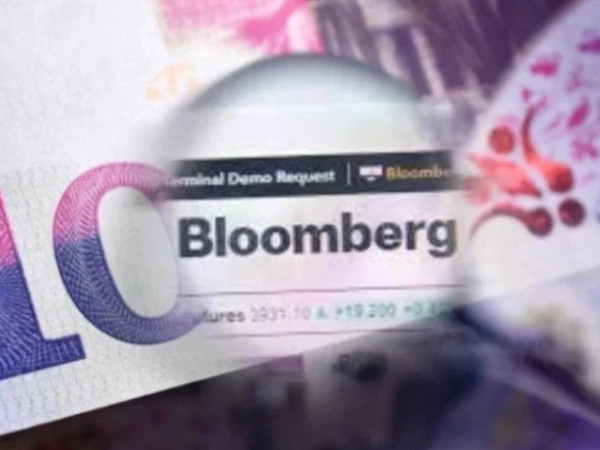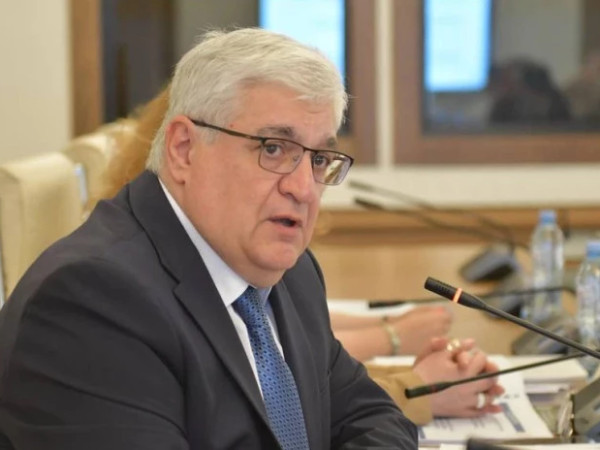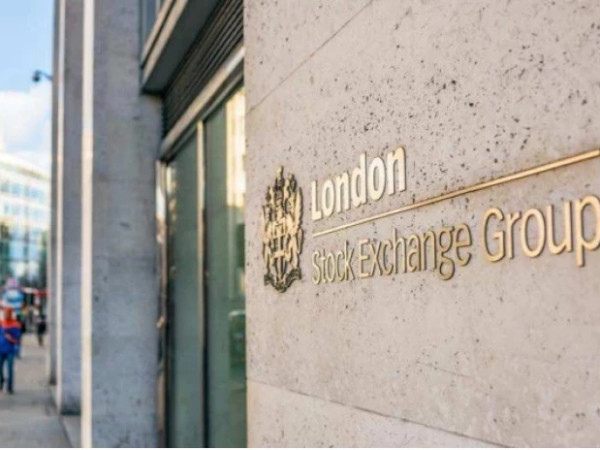Vladimir Putin has expressed his willingness to discuss the possibility of a ceasefire in Ukraine with elected US President Donald Trump. However, Moscow does not intend to make any major territorial concessions and insists Kyiv refuses ambitions to join NATO, Reuters reports.
Trump, who promised to end the conflict quickly, returns to the White House amid Russian ascendancy. Currently, Moscow controls Ukrainian territory about the size of the American state of Virginia and continues its offensive at the fastest pace since the early days of the 2022 invasion.
According to sources, the Kremlin may agree to freeze the conflict along the current front line. At the same time, discussions are taking place about the possible division of the Donetsk, Luhansk, Zaporizhzhia, and Kherson regions, which Russia considers its own but does not fully control.
In addition, Moscow may consider withdrawing from the relatively small patches of territory it holds in the Kharkiv and Mykolaiv regions. However, its position on Crimea remains unchanged: the region will not be a subject of negotiations.
Putin insists that any agreement must take into account the "realities on the ground" and fears a temporary ceasefire that would allow the West to rearm Ukraine.
Ukraine, for its part, continues to insist on restoring control over all its territory within the 1991 borders. President Volodymyr Zelenskyy has stated that Kyiv will not make concessions until the last Russian soldier leaves Ukrainian land.
The current US administration's decision to provide Ukraine with long-range ATACMS missiles, recently used to strike Russian territory, may complicate the negotiation process. Moscow has considered this a "dangerous escalation," which, according to sources, could stiffen Russia's demands.
Some experts believe that a ceasefire agreement could be reached quickly to stop the war, which has already claimed countless lives. However, reaching a long-term deal that satisfies both sides seems extremely difficult.
Russia, which currently controls more than 110,000 square kilometers of Ukrainian territory, insists that the conflict is a response to NATO's expansion and Western interference in Russia's sphere of influence. Kyiv and its allies, on the other hand, regard the invasion as a gross violation of Ukraine's sovereignty.
Among the conditions being discussed are Ukraine's permanent neutrality, international security guarantees, and limits on the size of Ukraine's armed forces. However, disagreements on key issues remain impossible to overcome.







